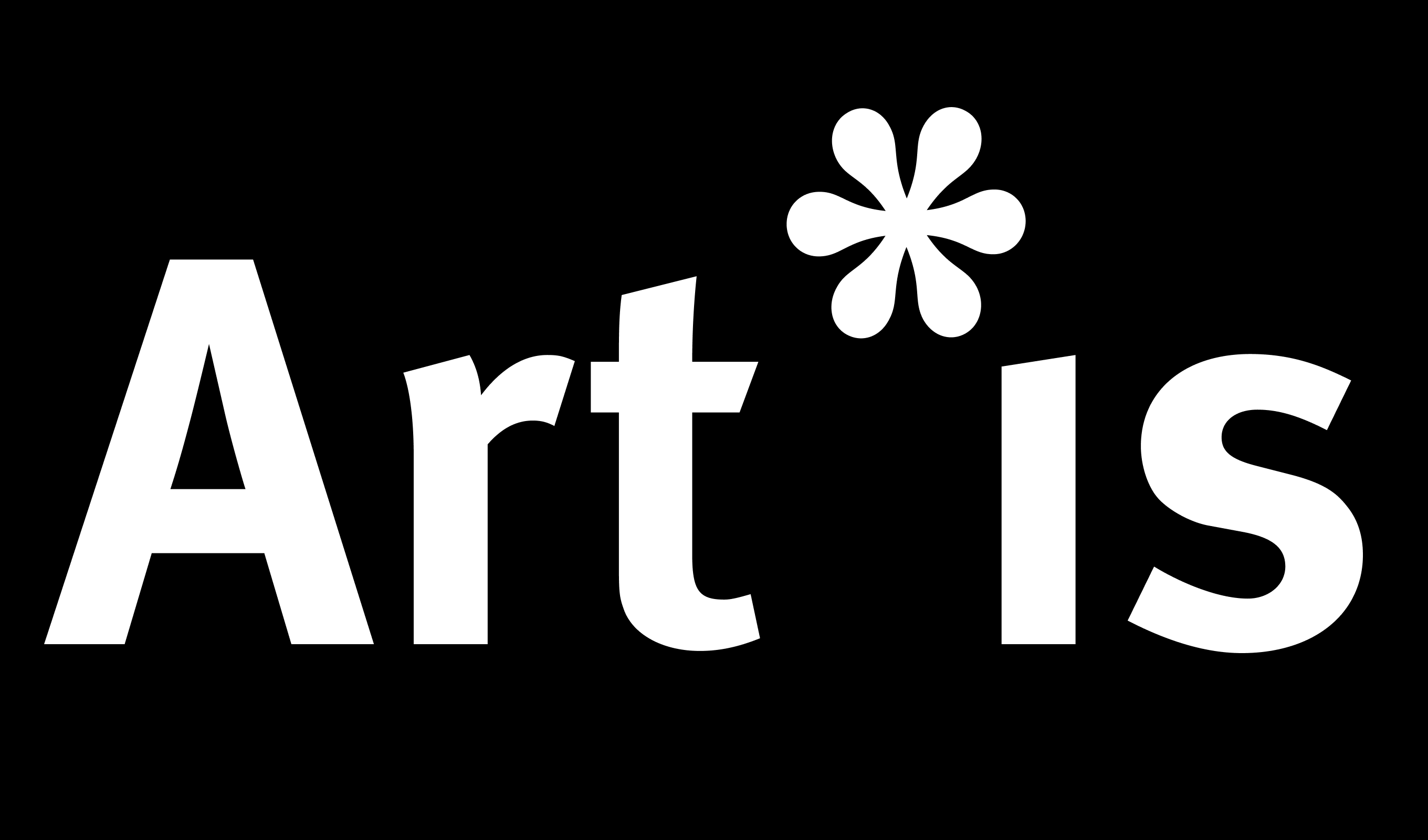written by Corinna Kühnapfel
The research project “Unlocking the Muse” at the University of Vienna explores the connection between art, creativity, and Parkinson’s disease. The project aims to understand how creativity impacts individuals with Parkinson’s and vice versa. This project unites an international and interdisciplinary consortium of art researchers and neuroscientists, led by Matthew Pelowski (UNIVIE) from the Faculty of Psychology and Julia Crone and Blanca Spee from the Vienna Cognitive Science Hub of the University of Vienna. The team of researchers are investigating changes in creativity among Parkinson’s patients, with initial findings suggesting shifts in creative interest post-diagnosis. Utilizing neuroimaging techniques, they aim to target specific brain regions associated with creativity to further understand this relationship. Cognitive flexibility, a key aspect of creativity, is also being examined, with implications for both disease development and prevention. Challenges include the diverse nature of Parkinson’s symptoms and the need for complex study designs. The interdisciplinary approach and collaboration with Parkinson’s patients themselves underscore the project’s breadth and depth, highlighting the multifaceted nature of both the disease and the research efforts.
A recent article about the project titled “Can art keep you healthy?—How creativity can prevent Parkinson’s” has been published on February 7, 2024, by Rudolphina, the research magazine of the University of Vienna, and can be accessed here.
(2024, 07 February). Rudolphina, University of Vienna Research Magazine. https://rudolphina.univie.ac.at/en/unlocking-the-muse-art-in-parkinsons-disease.
Further reading:
Pelowski, M., Spee, B. T. M., Arato, J., Dörflinger, F., Ishizu, T., & Richard, A. (2022). Can we really ‘read’ art to see the changing brain? A review and empirical assessment of clinical case reports and published artworks for systematic evidence of quality and style changes linked to damage or neurodegenerative disease. Physics of Life Reviews, 43, 32–95. https://doi.org/10.1016/j.plrev.2022.0
Stap, T., Koksma, J., Crone, J., Pelowski, M., Bloem, B., & Spee, B. (2023). Unlocking the muse—Developing arts-based approaches for people with Parkinson’s disease. International Journal of Integrated Care, 23(S1), 696. https://doi.org/10.5334/ijic.ICIC23602
